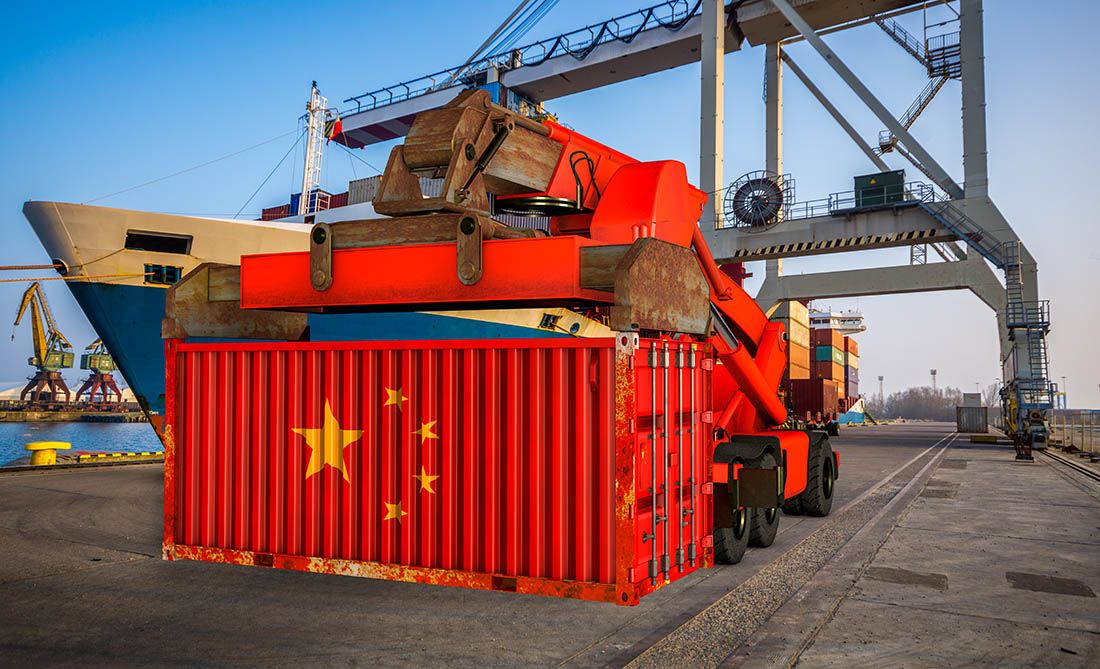Cost of Coronavirus Impact on Global Supply Chain at $50BN says UN

Image © Adobe Images
The United Nations reports that the slowdown of manufacturing in China due to the coronavirus (COVID-19) outbreak could result in a $US50 billion decrease in exports across global value chains.
According to estimates published by the United Nations Conference on Trade and Development (UNCTAD), the shutdown in China is disrupting world trade and has created a shortage of critical components for manufacturers outside of China .
China's manufacturing Purchasing Manager’s Index (PMI) for February fell 22 points to 37.5, its lowest reading since 2004 owing to an extended shutdown to industry as authorities grapple to squeeze the spread of the virus. The PMI reading reflects a sharp drop in output that the UNCTAD says implies a 2% reduction in exports on an annual basis.
"Assemblers which thought they could simply switch to local manufacturers discovered that their local manufacturers are also reliant on smaller components from China highlighting further problems with the supply chain," says John Mayer, analyst at brokerage SP Angel.
"In many cases critical components may rely on small amounts of rare earth elements which are often difficult to source, reliably, outside China highlighting how China controls certain markets through its dominance of raw materials," adds Mayer.
"We expect the impact on Germany automotive manufacturers to be severe in the short term," says Mayer, noting an estimated $2.5BN hit to EU auto manufactures by UNCTAD.
According to UNCTAD estimates, the most affected sectors include precision instruments, machinery, automotive and communication equipment. Among the most affected economies are the European Union ($15.6 billion), the United States ($5.8 billion), Japan ($5.2 billion), The Republic of Korea ($3.8 billion), Taiwan Province of China ($2.6 billion) and Viet Nam ($2.3 billion).
"In addition to grave threats to human life, the coronavirus outbreak carries serious risks for the global economy," UNCTAD Secretary-General Mukhisa Kituyi said. "Any slowdown in manufacturing in one part of the world will have a ripple effect in economic activity across the globe because of regional and global value chains."




